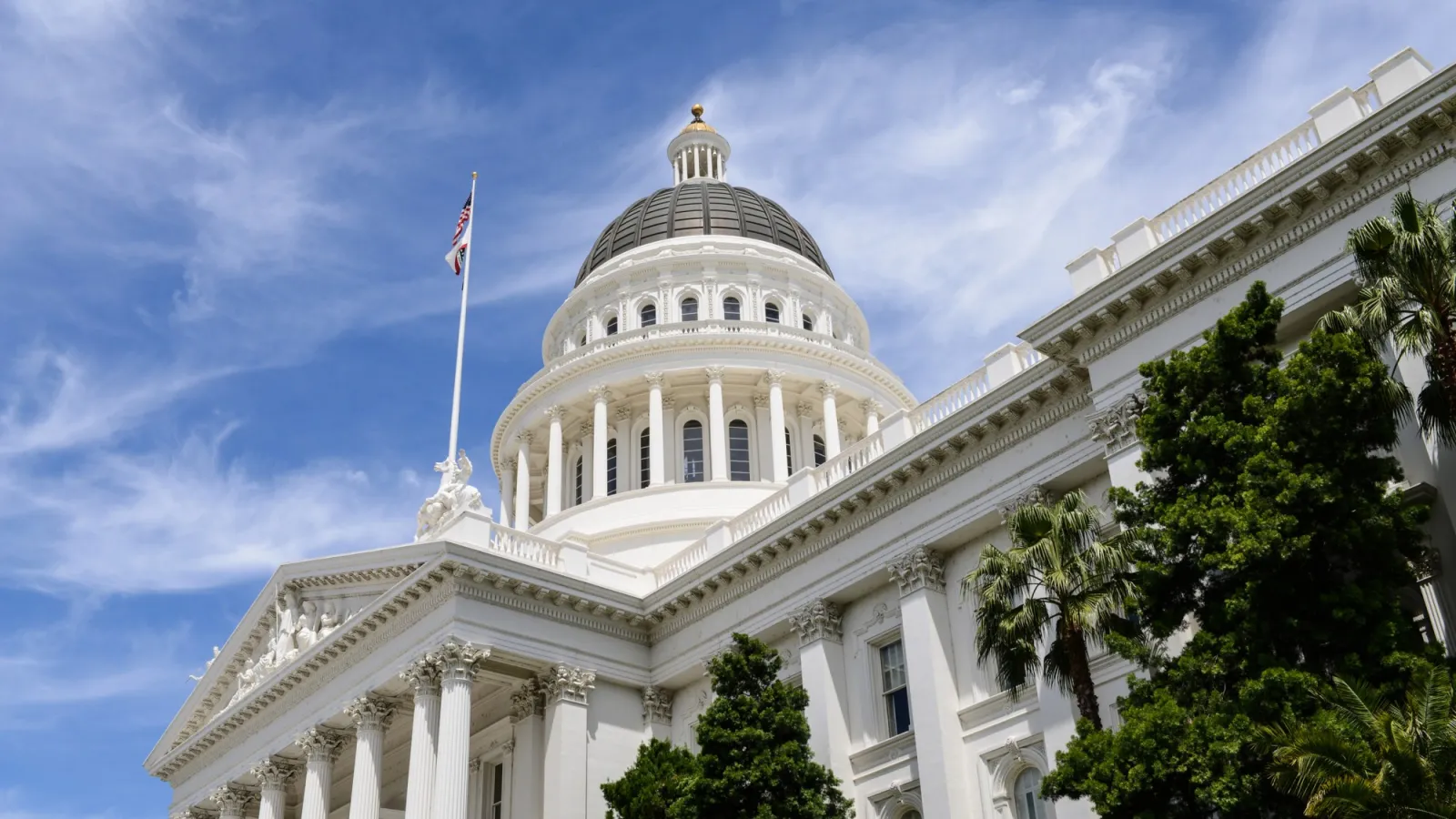By Michael Smolens
Copyright sandiegouniontribune

Free speech, immigration and who’s trying to rig the election are among the high-volume issues at the moment and may well be in next year’s campaigns.
But underlying it all are economic concerns — the cost-of-living impacts that almost always weigh heavily in elections.
Democrats and Republicans recently have been making moves to keep a lid on prices of everyday goods, including gasoline and electricity, if not lower them.
The overarching ideal is to help make life better for constituents. Pragmatically, the moves are attempts to inoculate politicians from anticipated campaign attacks on the economic front.
“Affordability” has been a political focus throughout the year in the California Legislature, Congress and San Diego City Hall. Efforts to advance economic agendas have had varying degrees of success, but in some cases seem to have gone in reverse.
What impact that will have on people’s pocketbooks, and potentially their votes, of course won’t be known until next fall.
But while there was clear political motivation — Republicans capitalized on rising prices during the Biden administration in the 2024 election — some substantial measures have been approved.
Sacramento was a beehive of affordability activity, particularly among Democrats. But their effort seemed shaky earlier in the year, with a sweeping deal on numerous bills only coming together near the end of this year’s legislative session.
Republican legislators had a broad counter-agenda, but much of it was reduced to little more than talking points because the overwhelming majorities held by Democrats meant they didn’t need GOP votes.
Nevertheless, two key bills aimed at reducing energy costs garnered bipartisan support.
One was to increase oil drilling in Kern County, something Democratic-leaning environmental groups opposed. California’s high gas prices have long put Democrats on the defensive.
But the prospect of two of the state’s oil refineries shutting down and a study that projected a possible $8-a-gallon cost gave Republicans even more fodder to criticize Gov. Gavin Newsom and Democrats on the cost-of-living front.
Meanwhile, Newsom has said he believes the greatest potential for energy savings will come from a new law that clears the way for California to join a Western-states regional power market, which, among other things, aims to improve electricity grid reliability.
A major bill aimed at eventually lowering California’s sky-high housing prices also gained bipartisan support: the measure rolling back some regulations in the landmark California Environmental Quality Act.
That’s unlikely to have notable impacts by campaign season and it’s simply guesswork as to what degree it may affect housing prices long-term. For years, laws to streamline bureaucracy and allow greater housing density have not lived up to expectations when it comes to moderating prices.
The state also increased the renter’s tax credit, another bipartisan favorite.
But several Democratic affordability bills drew GOP opposition, notably the extension of the cap-and-trade program aimed at limiting climate-changing greenhouse gas emissions, which critics said would further raise gas prices.
Generally, Republicans favored more deregulation efforts and tax cuts.
In Washington, Republicans are seeking to change the narrative on Trump’s budget bill to tax cuts and away from the Democratic focus of spending reductions, program cuts and increased costs — particularly for health care.
The rebranding effort was launched earlier this month, with Republicans using the name “Working Families Tax Cut” for what Trump initially called “One Big Beautiful Bill.” The president backed the rebranding, saying that the initial title didn’t talk about what was in the bill he signed on July 4.
There are tax cuts on tips and overtime, and some broader middle-class tax reductions in the bill. There’s also an increase in the child tax credit. But upper-income earners and corporations still get the major benefits of the bill, according to various analyses.
Republicans are also hoping for a boost because of bigger potential tax refunds next year under the measure, according to The New York Times.
The GOP branding shift comes as polls have shown the bill underwater in public opinion. Democrats have been hammering away at the costs to individuals under the legislation, as well as price increases attributed to Trump’s higher tariffs.
At San Diego City Hall, the affordability theme has been overwhelmed by an onslaught of rate and fee increases.
In December, the City Council created a new Select Committee on Addressing Cost of Living. An early push was to raise the hourly wage for many workers in the hospitality industry to $25. A compromise was recently approved that phases in the increase over four years.
That higher wage would help those workers directly affected, but critics said it will raise costs for customers and others.
Meanwhile, to address a budget deficit, the mayor and council have hiked fees for parking, trash collection, events, public pools and fishing permits, among other things.
Next week, the council is scheduled to consider another increase in steadily escalating water rates.
Good luck trying to change the narrative on all that.
What they said
The New York Times on President Donald Trump’s U.N. speech.
“’I’ve been right about everything,’ the president said, making and repeating a slew of misleading and false claims.”



